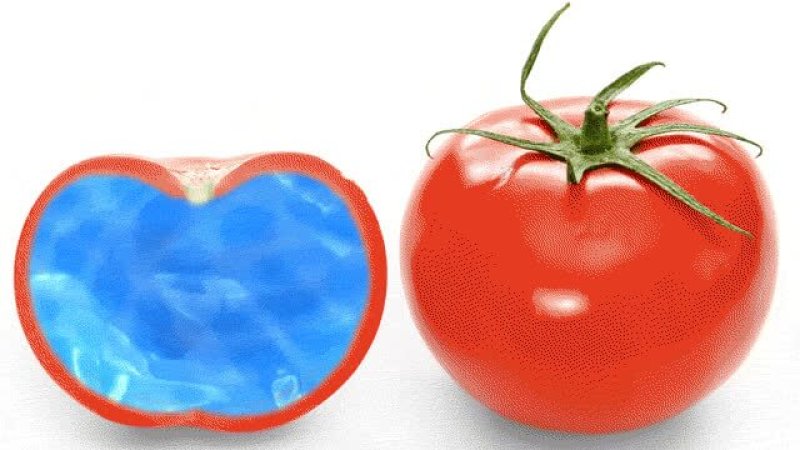Almost everyone agrees that most store-bought tomatoes don’t have much flavor. Now, scientists from the Agricultural Research Service (ARS) and the Boyce Thompson Institute (BTI) may have spotlighted the solution in a paper just published in Nature Genetics …. [They] have finished constructing the pan-genome for the cultivated tomato and its wild relatives [which are genetically fruits, not vegetables], mapping almost 5,000 previously undocumented genes.
…
In modern times, breeders have concentrated on traits such as yield, shelf life, disease resistance and stress tolerance, traits that have been economically important to growers …. “One of the most important discoveries from constructing this pan-genome is a rare form of a gene labeled TomLoxC …. The gene influences fruit flavor by catalyzing the biosynthesis of a number of lipid (fat)-involved volatiles — compounds that evaporate easily and contribute to aroma,” explained [USDA molecular biologist James Giovannoni.]
…
The scientists expect the addition of nearly 5,000 genes to the tomato genome repertoire will provide additional opportunities for improvement as their roles in tomato biology and fruit quality are determined.
Read full, original article: Tomato pan-genome makes bringing flavor back easier































